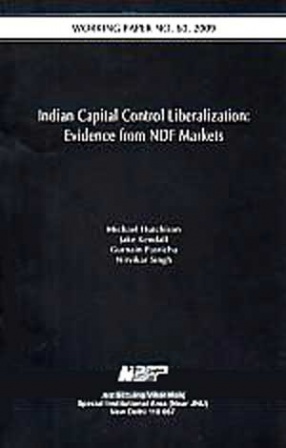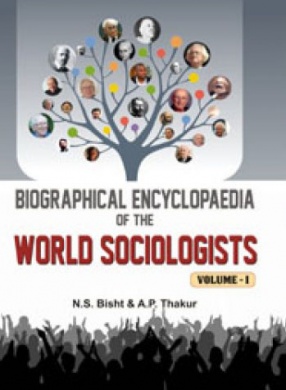The Indian government has taken a number of incremental measures to liberalise legal and administrative impediments to international capital movements in recent years. This paper analyses the extent to which the effectiveness of capital controls in India, measured by the domestic less net foreign interest rate differential (deviations from covered interest rate parity) have changed over time. We utilise the 3-month offshore non-deliverable forward (NDF) market to measure the effective foreign interest rate (implied NDF yield). Using the self exciting threshold autoregression (SETAR) methodology, we estimate a no-arbitrage bandwidth whose boundaries are determined by transactions costs and capital controls. Inside of the bands, small deviations from CIP follow a random walk process. Outside the bands, profitable arbitrage opportunities exist and we estimate an adjustment process back towards the boundaries. We allow for asymmetric boundaries and asymmetric speeds of adjustment (above and below the band thresholds), which may vary depending on how arbitrage activity is constrained by capital controls. We test for structural breaks, identify three distinct periods, and estimate these parameters over each sub-sample in order to capture the de facto effect of changes in capital controls over time. We find that de facto capital control barriers: (1) are asymmetric over inflows and outflows, (2) have changed over time from primarily restricting outflows to effectively restricting inflows (measured by bandwidths and positions); (3) arbitrage activity closes deviations from CIP when the threshold boundaries are exceeded in all sub-samples. In recent years, capital controls have been more symmetric over capital inflows and outflows and the deviations from CIP outside the boundaries are closed more quickly.
Indian Capital Control Liberalization: Evidence from NDF Markets
Working Paper
Book: 60In stock
Free & Quick Delivery Worldwide
reviews
Bibliographic information
Title
Indian Capital Control Liberalization: Evidence from NDF Markets
Working Paper
Working Paper
Author
Edition
1st ed.
Publisher
Length
25p., Illustrations; 22cm.
Subjects









There are no reviews yet.